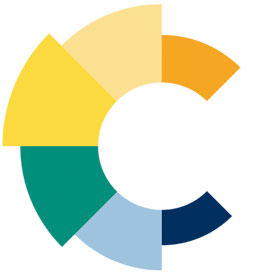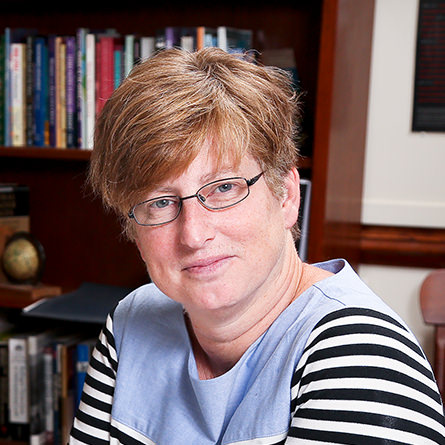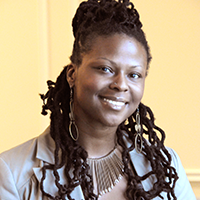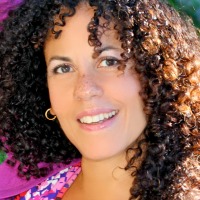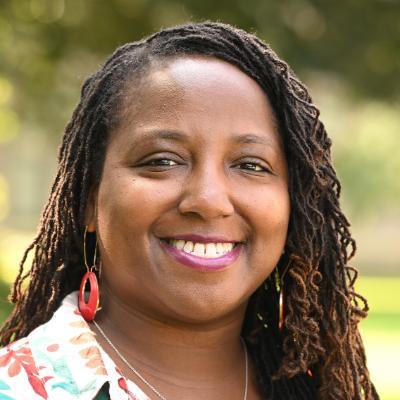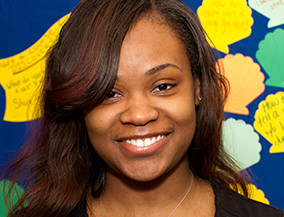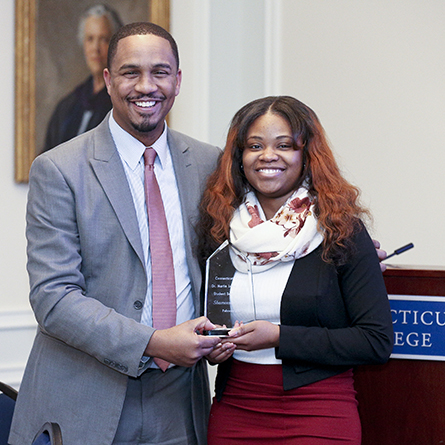Majoring in Africana Studies
Africana Studies represents a tradition of intellectual inquiry born from the Black freedom struggle and is thus fundamentally concerned with issues of slavery, colonialism, racism, and shifting notions of Blackness. It is a dynamic field at Connecticut College that employs an interdisciplinary and transnational approach to cultural production & expression, historical investigation, and social & structural analysis in order to examine and understand the universal and particular experiences of Black people in Africa and throughout the African diaspora. The program strives to highlight a multiplicity of experiences using an intersectional lens that explores the connections between race, ethnicity, nation, class, gender, and sexuality.
Today what is called Africana Studies at Connecticut College owes its existence to student activism on campus. In 1968, Connecticut College students formed the Afro-American Society, proposed courses that focus on Black history and culture that were offered beginning in 1969-70, and in 1969 helped organize the vanguard Conference on Black Womanhood. The curriculum has been redesigned over the decades and now includes courses that center the experiences of peoples in Africa or in the African diaspora that are offered across a wide range of centers, departments, and programs. A minor in African (not Africana) Studies was first offered during the 1989-1990 academic year; when the major was established during the 1992-1993 academic year the program was changed to Africana Studies.
The major and minor in Africana Studies are grounded in a core course that introduces students to the history of ideas and topics central to the development of Africana and Black Studies and which presents a contemporary landscape of the field. The rest of the major and minor are completed by taking elective courses housed in a variety of departments — e.g. Anthropology, Art History, Dance, Economics, Education, English, Film Studies, French and Francophone Studies, Gender Sexuality and Intersectionality Studies, German Studies, Government and International Relations, Hispanic Studies, History, Human Development, Music, Philosophy, and Sociology — that are taught by faculty affiliated with the program.
The Africana Studies program is led by a program director and a steering committee of five faculty.
For more information, please email Andrew Lopez, Interim Director of the Africana Studies Program: alopez6@conncoll.edu

